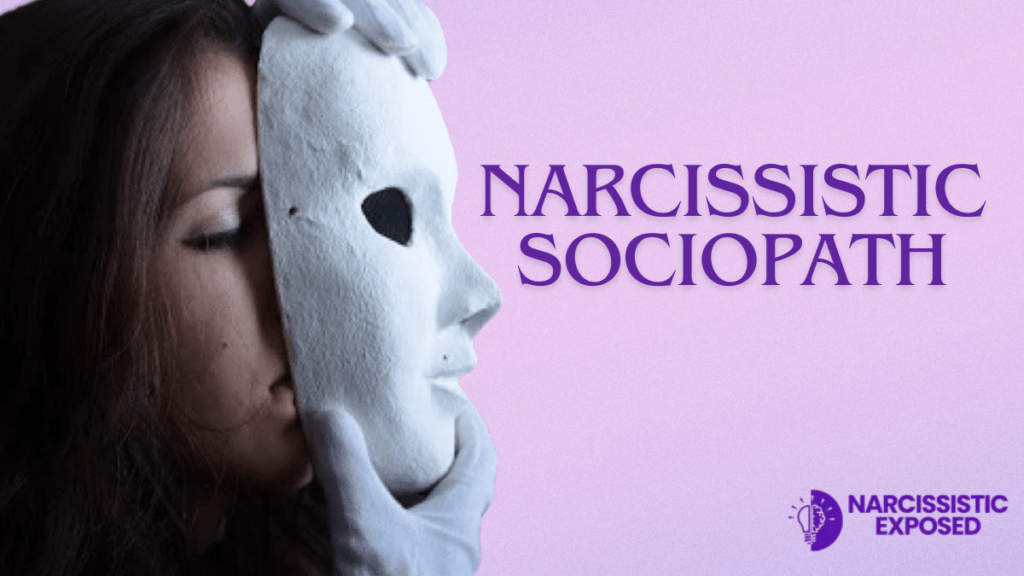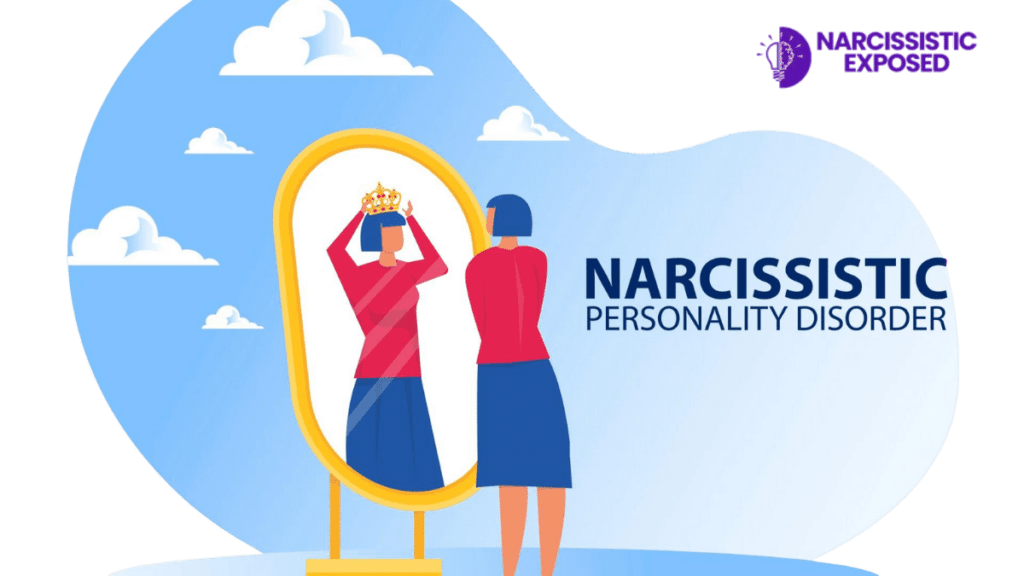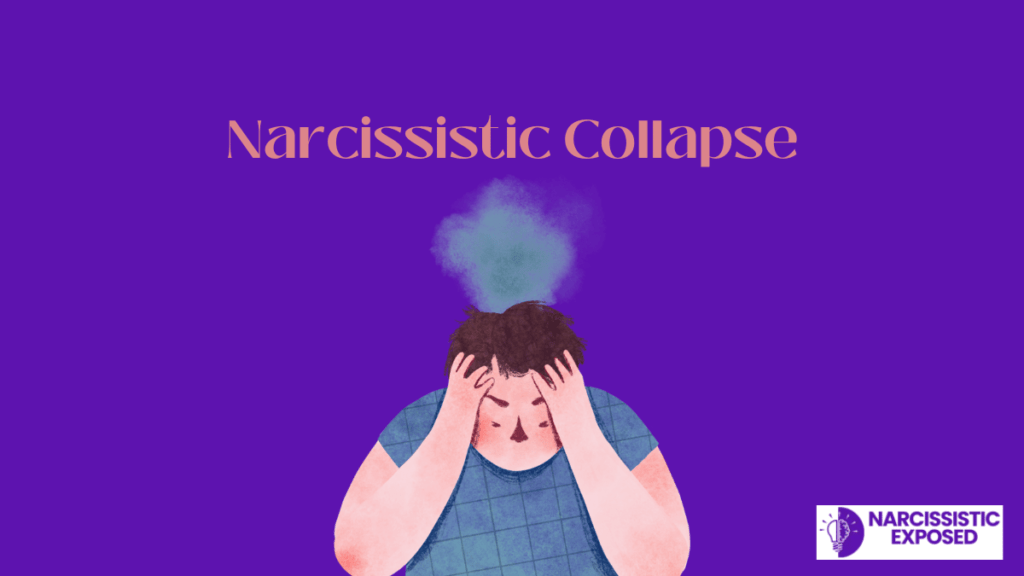
Music, as a powerful medium of emotional expression, provides a unique lens through which to explore and understand the intricacies of narcissism. Lyrics can serve as a window into the mind of someone with narcissistic tendencies, offering a raw and unfiltered glimpse into their thoughts, feelings, and behaviors. Songs like “Odetari” can encapsulate the essence of NPD, presenting its complexities in a way that is both relatable and enlightening for listeners.
The intersection of narcissism and music allows for a rich analysis of how NPD manifests in everyday life. Through the examination of lyrics, we can decipher the emotional detachment, grandiosity, and relational dynamics that characterize narcissism. This not only aids in raising awareness about the disorder but also provides a therapeutic outlet for individuals to connect with and understand their own experiences or those of others.
In this article, we will explore the nuances of narcissistic behavior as portrayed in the song “Odetari,” using it as a case study to delve deeper into the psychological underpinnings of NPD. Our journey through the lyrics will shed light on the emotional landscape of narcissism, offering insights and understanding to those affected by or interested in this complex personality disorder.
Table of contents
Lyrics Analysis: Understanding Narcissism in “Odetari”
Emotional Detachment and Substance Use
The opening lines, “Off of the drank and off of the drugs / I feel like I’m in slow-mo,” hint at substance use as a means to cope with or escape reality, a behavior sometimes associated with narcissistic individuals who may struggle with emotional detachment. Substance use can be a facade to mask their insecurities and a lack of genuine connection with their own emotions, leading to a slowed, detached perception of their surroundings and interactions.
The Cycle of Toxic Relationships
The refrain “Glad that you came, let out all the pain / I’m sorry for your sorrow” suggests recognizing the pain inflicted in relationships. Yet, the apology feels shallow, indicative of the narcissistic tendency to feign empathy. The repeated plea to “Let it go” can be seen as a desire to avoid accountability and move past the issue without a proper resolution, perpetuating a cycle of emotional pain and temporary reconciliation typical of toxic relationships.
Selfishness and Lack of Empathy
Lines like “I’m so full of myself, I’m selfish” openly declare the narcissist’s self-centeredness and lack of empathy. The acknowledgment of selfishness, paired with the claim that “Everybody wants some help, can’t help it,” reflects the narcissistic trait of recognizing one’s neediness but being indifferent to the needs of others, thus highlighting a fundamental lack of empathy.
Repeating Patterns and Emotional Consequences
The lyric “Rage, love, lust, on fire” captures the tumultuous and often contradictory emotions involved in a relationship with a narcissistic individual. The cycle of intense emotional experiences—ranging from anger to passion—signifies the repeating patterns of highs and lows in such relationships, leading to emotional consequences for both the narcissistic individual and their partner. These patterns can create a confusing, sometimes destructive, dynamic that fuels the narcissistic behavior and exacerbates the emotional turmoil experienced by all parties involved.
Through the song “Odetari,” we observe a vivid portrayal of narcissistic personality traits, from emotional detachment and the cycle of toxic relationships to overt selfishness and a lack of empathy. These elements combined offer a poignant insight into the world of narcissistic relationships, capturing the complexity and often the pain of these interactions.
Psychological Insights: Narcissistic Traits and Behaviors in Lyrics
The Narcissistic Spectrum in Music
Music often mirrors the spectrum of human emotions and personalities, including the varied facets of narcissism. Lyrics can portray the grandiosity, entitlement, and need for admiration that mark the overt narcissist, as well as the vulnerability, sensitivity, and defensiveness characteristic of the covert narcissist. In “Odetari,” phrases like “I’m so full of myself, I’m selfish” exemplify the overt narcissistic trait of grandiosity and self-centeredness, while the substance use and expressed sorrow hint at the covert aspect of hiding behind a facade to mask inner turmoil and insecurity.
Emotional Impact and Relatability
The emotional impact of narcissistic behavior, as depicted in lyrics, can resonate deeply with listeners, making the content highly relatable, especially for those who have experienced similar relationships. Lyrics that express a mixture of regret, self-recognition, and manipulation, such as “Forgive me for breaking my promise, I’m sorry,” can evoke a strong emotional response, offering a sense of solidarity and understanding to those affected by narcissistic individuals.
The relatability of such lyrics lies in their ability to articulate complex emotional experiences, providing a voice to feelings and situations that are often difficult to express. This connection not only raises awareness of narcissistic behavior but also helps validate the experiences of those who have suffered in such relationships, contributing to a greater understanding and healing process.
By delving into the psychological underpinnings of narcissistic traits and behaviors in music, we gain valuable insights into the nature of these personalities and their impact on relationships. Exploring these themes in lyrics like those in “Odetari” offers a cathartic outlet and a means for reflection and understanding, highlighting the power of music as a medium for psychological exploration and emotional connection.
Case Studies: Narcissism in Music and Real Life
Case Study 1: The Public Persona vs. Private Reality
In the music industry, artists often project an image of confidence and superiority, aligning with narcissistic traits. A famous pop star’s lyrics may boast of their unmatched success and desirability, echoing the grandiosity typical of narcissism. However, behind the scenes, those close to the star might experience the private reality of emotional coldness, manipulation, and the star’s inability to form genuine, empathetic relationships. This dichotomy between the public persona and private behavior mirrors the narcissistic pattern of maintaining an admirable façade while concealing a lack of emotional depth and care for others.
Case Study 2: The Contradictory Nature of Narcissistic Relationships
Consider the relationship dynamics detailed in a rock band’s lyrics, describing intense love and destructive arguments with a partner, reflecting the push-pull nature of narcissistic relationships. These lyrics resonate with the real-life experiences of individuals who have been in relationships with narcissists, characterized by cycles of idealization and devaluation. For instance, a person may recount how their narcissistic ex-partner showered them with love and attention initially, only to become later critical, dismissive, and emotionally abusive, mirroring the tumultuous relationship dynamics described in the song.
In both case studies, the themes explored in the lyrics provide a parallel to real-life behaviors and experiences with narcissistic individuals. The music becomes a narrative that captures the essence of narcissism, from its outward charm and confidence to the underlying insecurity, emotional manipulation, and relationship turmoil. These case studies highlight how music can reflect and illuminate the complexities of narcissistic behavior, offering insights into the psychological patterns and emotional impacts that define these interactions in real life.
Coping with Narcissism: Guidance from the Lyrics
Identifying Narcissistic Behavior
The lyrics of “Odetari” can serve as a tool for recognizing narcissistic behavior. Phrases like “I’m so full of myself, I’m selfish” underscore the self-centeredness and lack of empathy characteristic of narcissistic individuals. Recognizing these traits in the context of a relationship—where one partner consistently prioritizes their needs and disregards the feelings of others—can be the first step in identifying narcissistic behavior. This awareness is crucial for understanding the dynamics and initiating change.
Strategies for Healing and Empowerment
Drawing on the themes from the song, here are strategies to cope with and heal from narcissistic relationships:
- Acknowledge the Reality: Accepting that you are dealing with a narcissistic individual can be painful but necessary. Acknowledge the reality of the situation and the need to address it for your well-being.
- Seek Support: Engage with a therapist or a support group that understands narcissistic behavior. Sharing experiences and feelings in a safe environment can be incredibly healing.
- Set Boundaries: Establish clear boundaries with the narcissistic individual. Decide what behaviors you will no longer tolerate and communicate these limits firmly.
- Focus on Self-Care: Prioritize your mental and emotional health. Engage in activities that nurture your well-being and help you regain a sense of self.
- Empower Yourself: Educate yourself about narcissism to understand the behavior and dynamics involved. Knowledge can be empowering and can help in developing strategies to deal with narcissistic behavior effectively.
The guidance from the lyrics of “Odetari” reflects the broader journey of coping with narcissism. It emphasizes the importance of self-awareness, support, boundary-setting, and personal growth. Through these strategies, individuals can navigate the challenges of narcissistic relationships and move toward a path of healing and empowerment.
Conclusion
The exploration of narcissistic personality disorder through the lens of music, particularly in the song “Odetari,” offers a unique perspective on the complex and often hidden nature of narcissism. The lyrics provide not only a reflection of the self-centeredness, emotional manipulation, and lack of empathy that characterize narcissistic behavior but also serve as a means to connect with and understand the experiences of those affected by such relationships.
Analyzing these lyrics allows us to delve into the emotional and psychological impact of narcissism, offering insights into the behaviors and patterns that define it. This understanding is crucial for both recognizing narcissistic traits in relationships and developing strategies to cope with and heal from the emotional damage they cause.
In conclusion, the intersection of music and psychology provides a powerful tool for examining and understanding narcissistic personality disorder. It helps to illuminate the nuances of narcissistic behavior, offering a pathway to awareness, healing, and empowerment for those who have endured the challenges of being in a relationship with a narcissist. Through this analysis, individuals can gain a deeper understanding of narcissism, leading to more effective coping mechanisms and a hopeful journey toward recovery and self-discovery.





